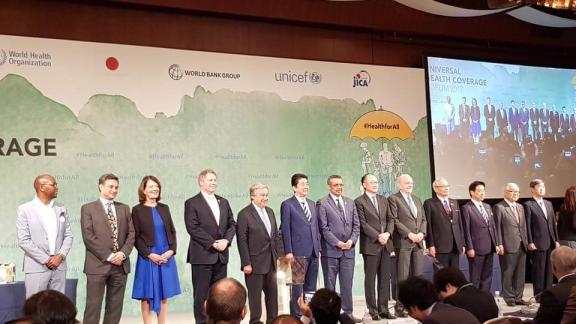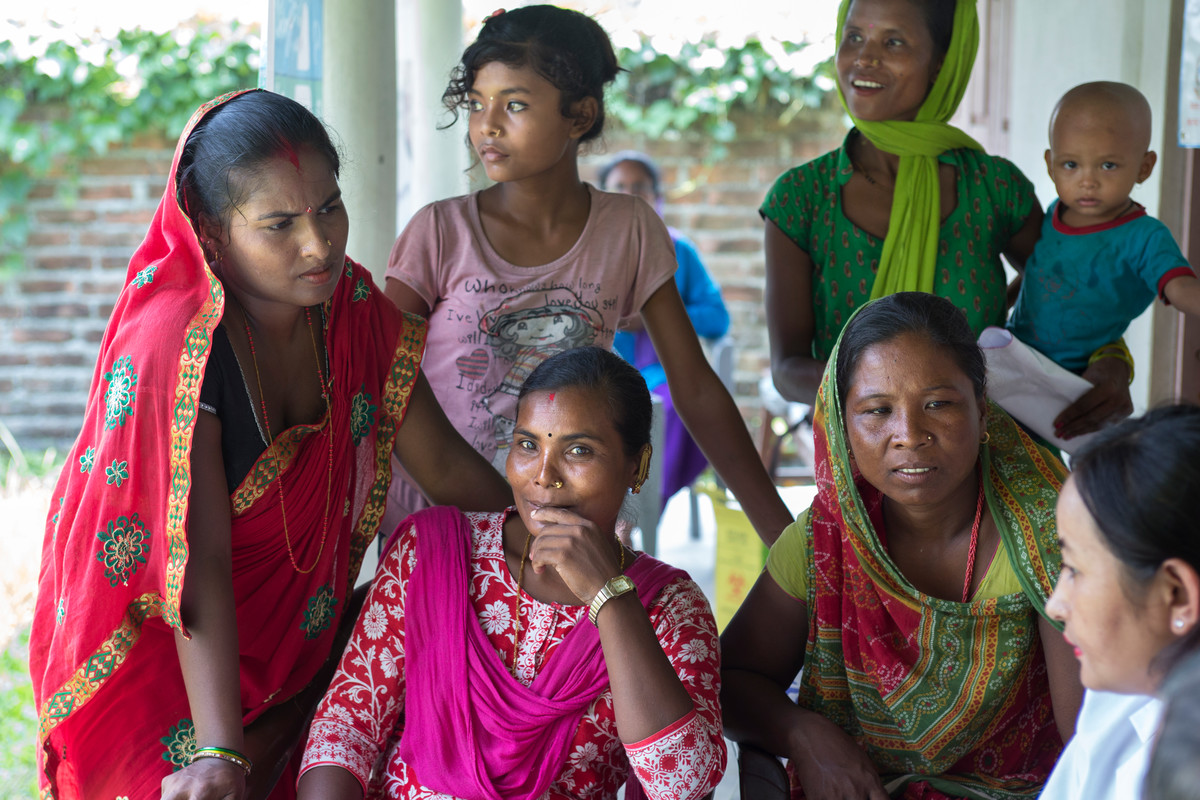The International Planned Parenthood Federation’s (IPPF) Director General Designate, Dr Alvaro Bermejo, has welcomed a renewed commitment from the Government of Japan at the Universal Health Coverage (UHC) Forum 2017 to sexual and reproductive health services.
At the Forum, Japanese Prime Minister Abe announced Japan’s pledge to provide UHC assistance, examples of outcomes of which include provision of 40 million sexual and reproductive health services and prevent 500,000 unintended pregnancies.
It forms part of a much wider commitment by Japan to spend $2.9 billion US for health, nutrition, and water and sanitation to promote UHC further.
Speaking at the UHC Forum in Tokyo, Dr Bermejo said: “The Tokyo Declaration is welcome news for those that worry that women who want to delay or avoid pregnancy don’t have access to modern methods of contraception. More than 200 million women are in this situation today. I’m optimistic that comprehensive sexual and reproductive health services will be recognised everywhere as a centrepiece of universal health coverage.”
Dr Bermejo joined Prime Minister Abe and representatives from other global organisations, including The World Bank, The United Nations, The World Health Organisation and UNICEF in a joint show of support for the commitment made by Japan at the UHC Forum.
He added: “With 152 member associations IPPF is the world’s largest network of locally owned, globally connected civil society organisations. We provide reproductive health services in 172 countries. Tokyo is good news, but we need to make it meaningful at country level. That is where, in the end, universal access to sexual and reproductive health services that are stigma-free, good quality and affordable for everyone contributes to universal health coverage.”
when
country
Japan









